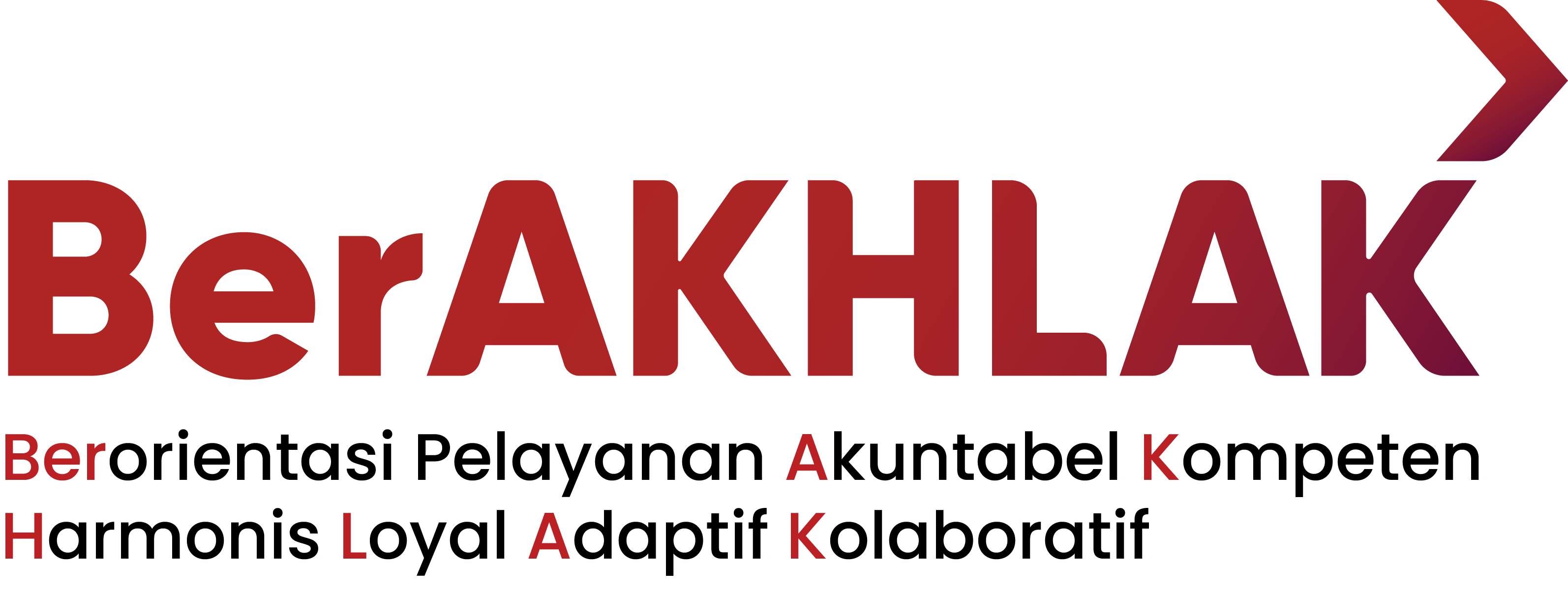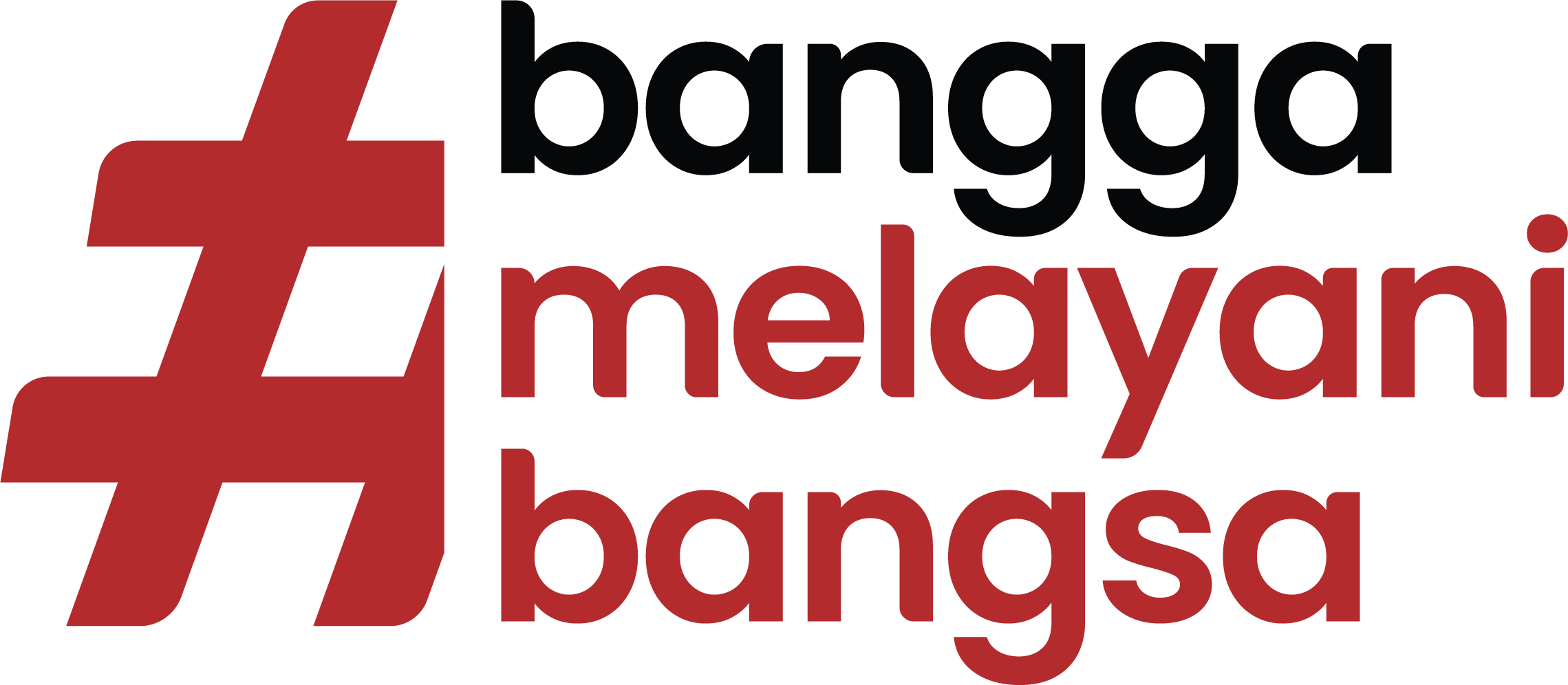Bappenas Signs Partnership with WRI Indonesia on Low Carbon Development Planning
Development News - Tue, 06 August 2024

JAKARTA – The Ministry of National Development Planning/Bappenas and World Resources Institute Indonesia (WRI Indonesia) signed a Memorandum of Understanding (MoU) regarding support for planning and policy on the Low Carbon Development (LCD) and Climate Resilience agenda in the maritime and natural resources sectors. This signing strengthens the cooperation between the two parties, which has been ongoing for the past few years in support of two key agendas of the Golden Indonesia 2045 Vision: economic transformation towards a green economy, as well as low-carbon development (LCD) & climate resilience.
"To strengthen support for the formulation of planning and policies that prioritize LCD principles, the Ministry of National Development Planning/Bappenas and WRI Indonesia agreed to formalize their collaboration through a Memorandum of Understanding to support the implementation of the LCD and Climate Resilience agenda, covering areas such as food and agriculture, forestry and water resource conservation, marine affairs and fisheries, energy resources, minerals and mining, and the environment," explained said Bappenas’ Deputy for Maritime Affairs and Natural Resources, Vivi Yulaswati, on Tuesday (8/6).
The scope of cooperation includes the development of a nickel decarbonization roadmap, the formulation of fair transition indicators in the energy sector, the alignment of Indonesia's climate targets with national development planning, the preparation of an implementation roadmap for the blue carbon framework strategy, and the establishment of a multi-stakeholder partnership Platform for the transformation of Indonesia's food systems. This collaboration is expected to contribute to the goals in two key documents: the 2025-2045 National Long-Term Development Plan (RPJPN) and the 2025-2029 National Medium-Term Development Plan (RPJMN).
"As one of the development directions towards the Golden Indonesia 2045 Vision, the green economy is an area that requires the attention of all stakeholders. Transformative efforts to achieve this must include accelerating a fair energy transition towards the utilization of new and renewable energy, including preparing new skills and job opportunities, as well as developing ecosystems that provide incentives for stakeholders," explained Deputy Vivi.
A fair transition emphasizes the balance of social, economic, and environmental aspects to mitigate risks and negative impacts. Therefore, the cooperation focuses on developing transition indicators in Indonesia that ensures fair and inclusive transition, such as mitigating economic losses and negative environmental impacts, reducing disparities in access to clean energy, and preparing for human resource development, job opportunities, and social security. These indicators are intended to regularly monitor and evaluate the impact of the energy transition from social, economic, and environmental perspectives within the framework of national development planning.
WRI Indonesia Country Director, Nirarta Samadhi, expressed appreciation for the signing of the MoU, with the formulation of fair energy transition indicators being a key part of the cooperation.
"Indonesia needs to ensure that the benefits and risks of a sustainable future are distributed evenly across all societal groups, and that the transition aligns with the economic growth agenda. We are optimistic that the initiation of the study on just energy transition indicators is an important step in guiding the sustainable utilization of new and renewable energy," concluded Nirarta.


